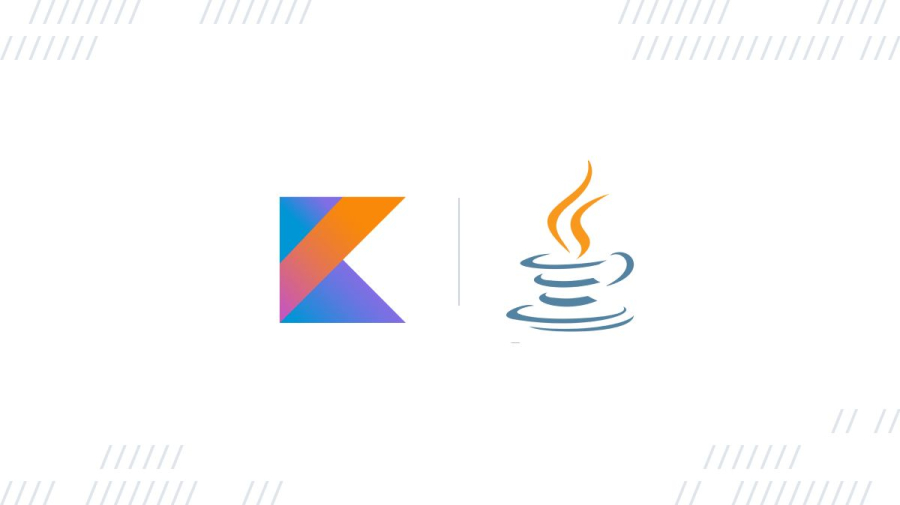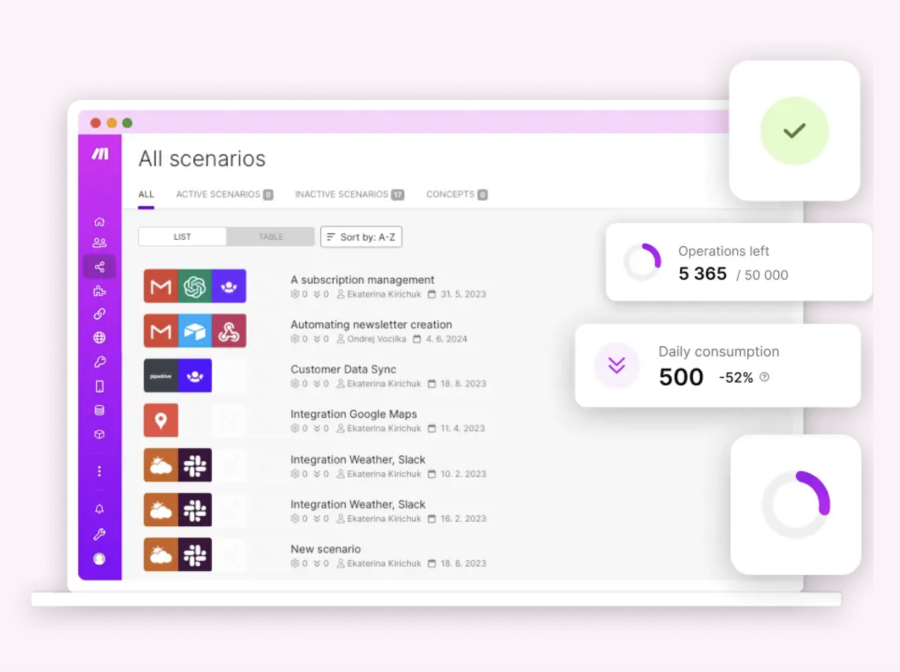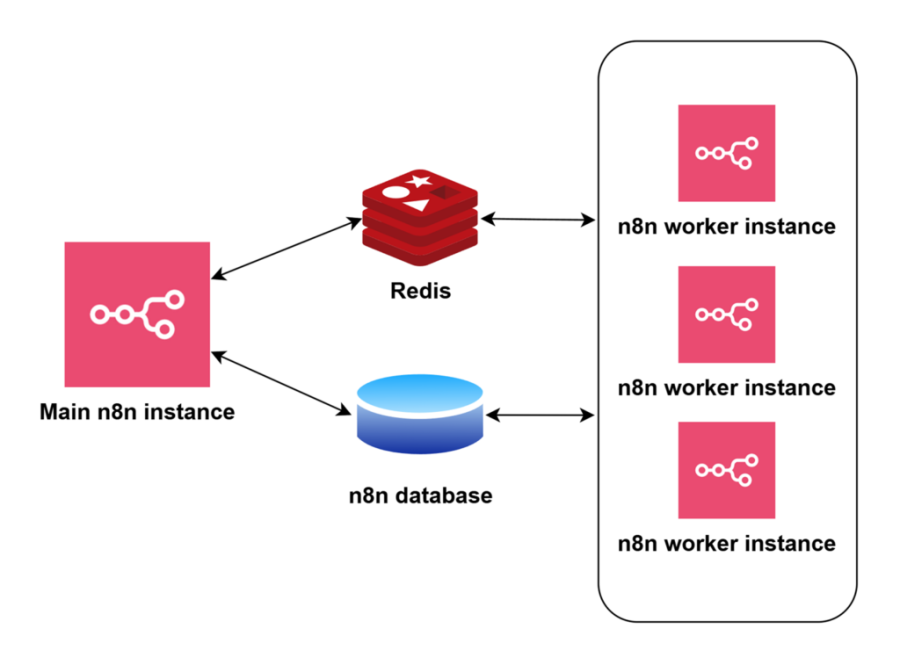Kotlin vs. Java: Which One to Choose for Android Development?
Kotlin vs. Java: Which One to Choose for Android Development?
Android development has long been dominated by Java, but since Google officially endorsed Kotlin as the preferred language for Android in 2017, developers worldwide have been debating which language is better.
Both Java and Kotlin have their strengths and weaknesses, so choosing between them depends on various factors such as project requirements, performance, learning curve, and community support. In this article, we’ll compare Kotlin vs. Java to help you decide which language is right for your next Android project.
1. Overview of Java and Kotlin
What is Java?
Java is one of the oldest and most widely used programming languages, created by Sun Microsystems in 1995. It has been the backbone of Android development since the platform’s inception in 2008. Java is known for its portability, scalability, and extensive developer community.
What is Kotlin?
Kotlin is a modern, statically typed programming language developed by JetBrains. It was introduced in 2011 and gained massive popularity after Google announced official support for Kotlin in Android development. Kotlin is designed to be more concise, expressive, and safer than Java while maintaining full interoperability with it.
2. Key Differences Between Java and Kotlin
| Feature | Java | Kotlin |
|---|---|---|
| Syntax | Verbose and requires more code | Concise and expressive |
| Null Safety | Prone to NullPointerExceptions | Built-in null safety |
| Performance | Slightly faster in some cases | Similar, with optimizations |
| Coroutines | Requires external libraries for async programming | Native support for coroutines |
| Extension Functions | Not available | Available |
| Interoperability | Fully interoperable with Kotlin | Fully interoperable with Java |
| Learning Curve | Easier for beginners due to widespread use | Steeper learning curve but more efficient |
3. Why Choose Java for Android Development?
Despite being an older language, Java still has some advantages in Android development:
✅ Widespread Use & Large Community
Java has been used for Android development for over a decade, meaning there’s an abundance of tutorials, libraries, and community support available.
✅ Better Performance in Some Cases
Since Java compiles to bytecode and runs on the JVM (Java Virtual Machine), it often delivers slightly better performance in certain scenarios, especially on older devices.
✅ Strong Backward Compatibility
Many legacy Android apps and frameworks are built with Java, making it a reliable choice for maintaining and updating older applications.
✅ Easier for Beginners
Since Java is widely taught in universities and used in various industries, many developers are already familiar with it before starting Android development.
However, Java is also more verbose, meaning you have to write more code for the same functionality compared to Kotlin.
4. Why Choose Kotlin for Android Development?
Kotlin has gained immense popularity among developers, and for good reason:
🚀 Concise and Readable Code
Kotlin reduces boilerplate code, making development faster and improving readability. For example, Kotlin allows you to define data classes in just one line, whereas Java requires multiple lines of code.
🚀 Null Safety
One of the biggest issues with Java is NullPointerExceptions (NPEs), which often cause crashes. Kotlin’s built-in null safety prevents such errors, making apps more stable.
🚀 Coroutines for Better Asynchronous Programming
Handling background tasks in Java requires complex solutions like AsyncTask or RxJava. Kotlin, however, has built-in coroutines, which make async programming more efficient and readable.
🚀 Official Google Support
Google has declared Kotlin as the preferred language for Android development. Many modern Android features and Jetpack libraries are optimized for Kotlin first.
🚀 Interoperability with Java
If you already have a Java-based project, you don’t need to rewrite it entirely. Kotlin can be introduced gradually and seamlessly integrates with existing Java code.
However, since Kotlin is newer, there are fewer resources compared to Java, and it may have a slightly steeper learning curve for absolute beginners.
5. When to Use Java vs. Kotlin?
💡 Choose Java If:
- You’re maintaining or updating a legacy Android app written in Java.
- You’re a beginner and want to learn a widely used programming language.
- You need maximum performance for older devices.
- You prefer an extensive community and more learning resources.
💡 Choose Kotlin If:
- You’re starting a new Android project from scratch.
- You want more concise, readable, and maintainable code.
- You need built-in null safety and better async programming (coroutines).
- You want to future-proof your app with Google’s preferred language.
6. The Future of Android Development: Kotlin vs. Java
Google is investing heavily in Kotlin, and most new Android documentation and Jetpack libraries prioritize Kotlin-first development. Many companies, including Pinterest, Netflix, and Uber, have already adopted Kotlin for their Android apps.
That said, Java isn’t going anywhere anytime soon. It remains widely used in enterprise applications, backend development, and older Android apps.
For new Android projects, Kotlin is the better choice due to its modern features and official support. However, if you’re already experienced in Java or working on legacy apps, Java remains a strong contender.
Conclusion
Both Kotlin and Java are powerful languages for Android development. Java is a tried-and-tested option with strong community support, while Kotlin offers modern features, conciseness, and Google’s endorsement.
For most developers, especially those starting fresh, Kotlin is the better choice for Android development. It leads to faster development, fewer crashes, and better app performance. However, Java remains relevant and is still an excellent language to learn, particularly if you plan to work with older apps or enterprise systems.















